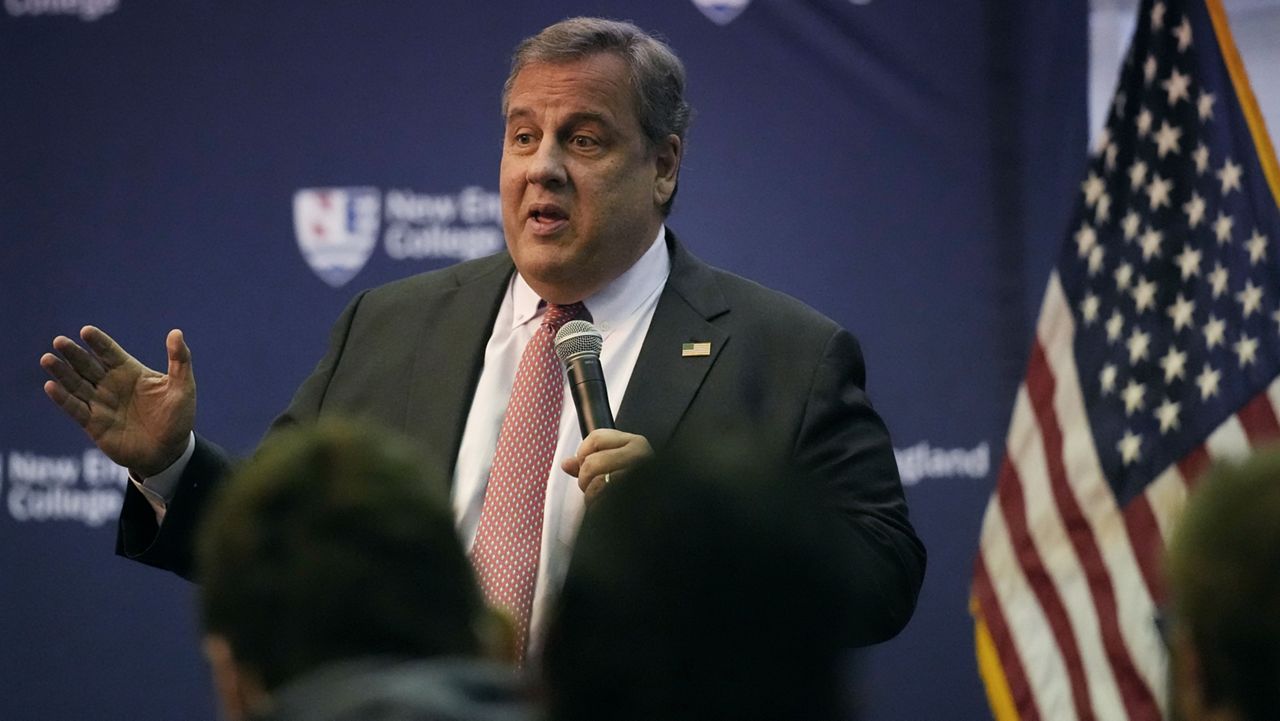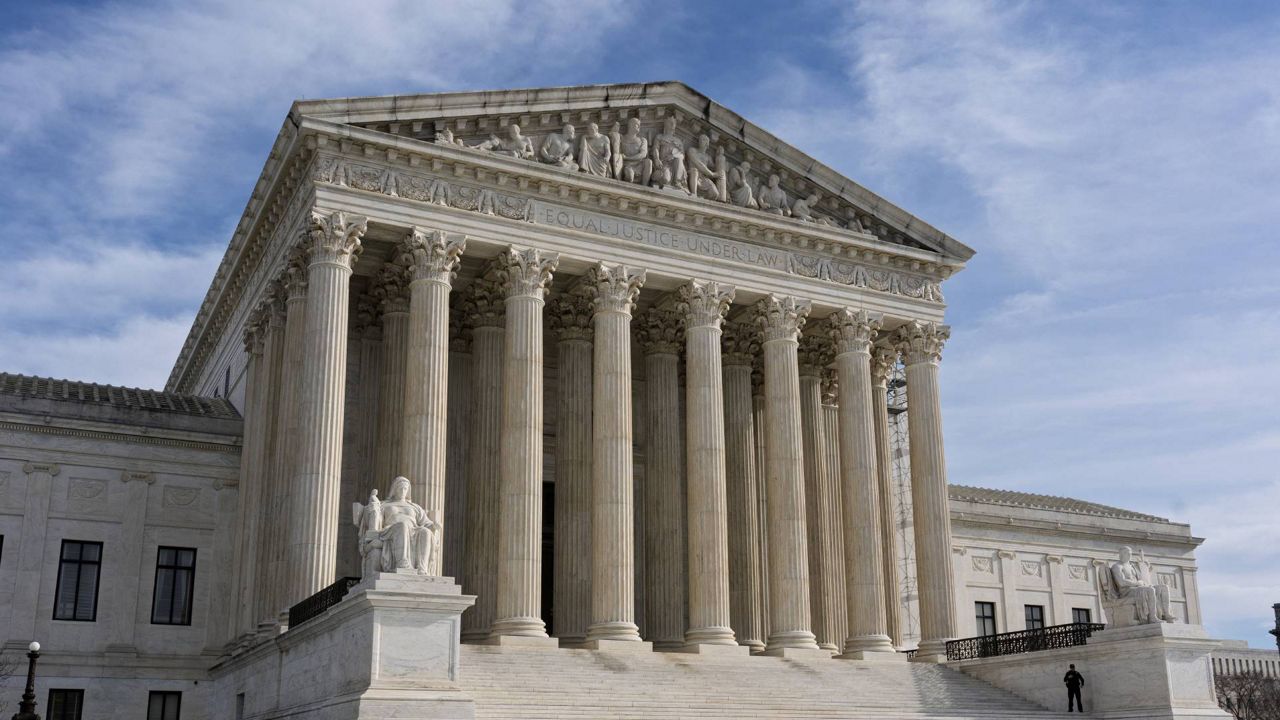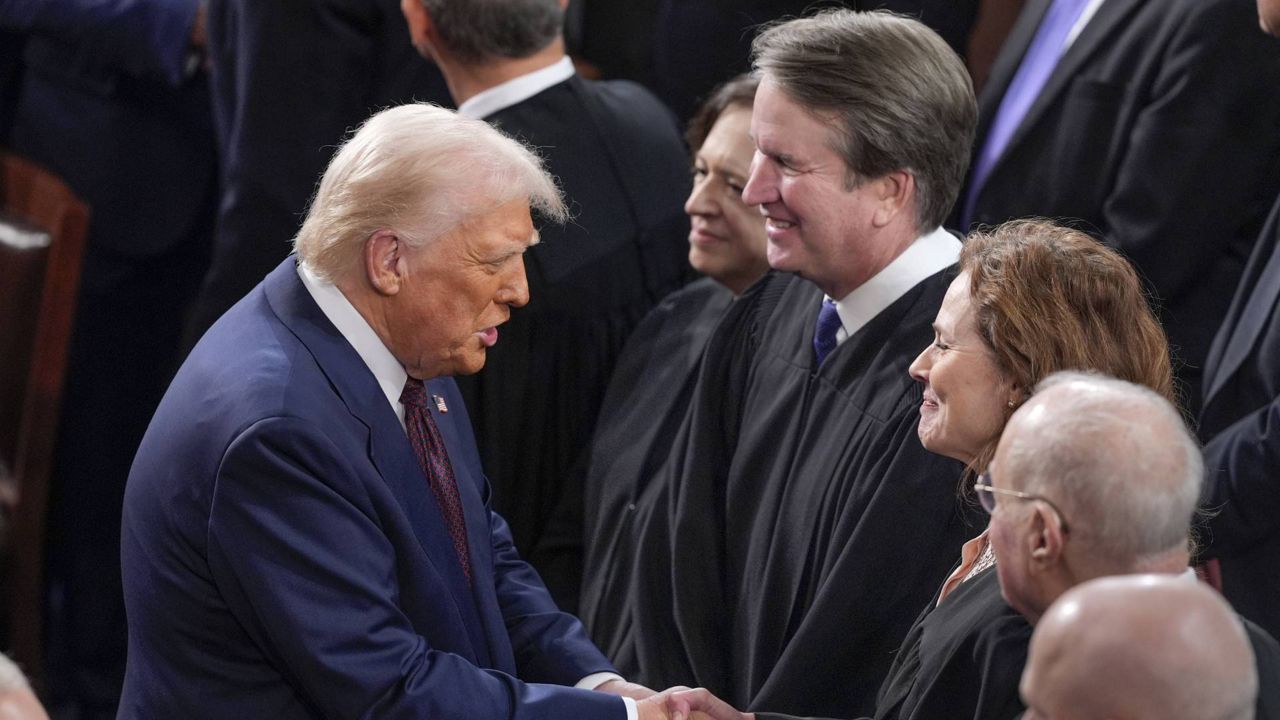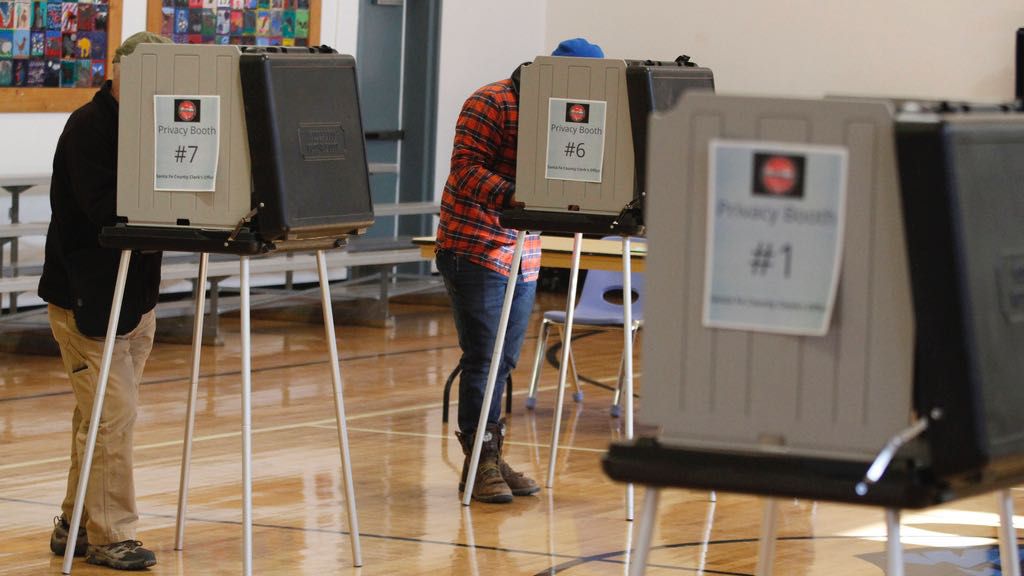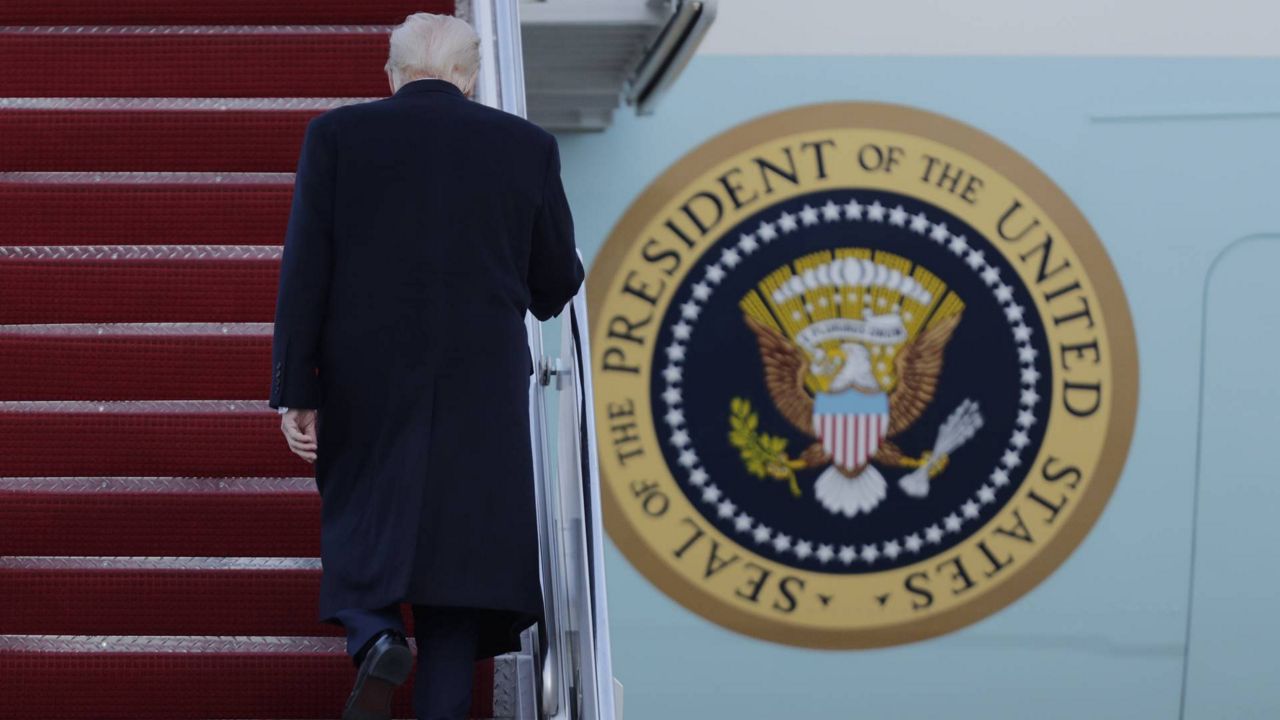With the first debate of the Republican presidential primary rapidly approaching, some of the top competitors say they have already far surpassed the requirements laid out by the Republican National Committee, while campaigns struggling to gain traction are scrambling to reach a donor threshold donor and polling thresholds.
For candidates at the bottom of the double-digit field, the first debate on Aug. 23 in Milwaukee is a key moment to boost their efforts as they try to catch up to the race’s frontrunner, former President Donald Trump.
What You Need To Know
- With the first debate of the Republican presidential primary rapidly approaching, some of the top competitors say they have already far surpassed the requirements laid out by the Republican National Committee while campaigns struggling to gain traction are scrambling to reach a donor threshold donor and polling thresholds
- For candidates at the bottom of the double-digit field, the first debate on Aug. 23 in Milwaukee is a key moment to boost their efforts as they try to catch up to the race’s frontrunner, former President Donald Trump
- On Wednesday, both former New Jersey Gov. Chris Christie and South Carolina Sen. Tim Scott said they crossed the 40,000 unique donor threshold
- Another debate requirement is to have at least 200 unique donors in at least 20 different states or territories
- North Dakota Gov. Doug Burgum's campaign, in a bid to reach the debate stage, has begun offering $20 Visa or Mastercard gift cards to 50,000 people as long as they donate $1
On Wednesday, both former New Jersey Gov. Chris Christie and South Carolina Sen. Tim Scott said they crossed the 40,000 unique donor threshold. Christie said in a CNN interview his campaign surpassed 40,000 donors on Tuesday night and has recorded 200 or more donors in 36 states in the 35 days since his announcement. One of the debate requirements is to have at least 200 unique donors in at least 20 different states or territories.
Christie has centered his campaign on critiquing Trump, who he advised as a candidate and a president, and set his eyes on the first debate as a platform to bring that critique to a national audience.
“Americans are ready for someone to stand up to Donald Trump, and that’s exactly what I’m doing,” Christie tweeted after the interview. “Get your popcorn.”
Scott’s campaign has received support from 53,000 unique donors across all 50 states, according to a release by his campaign manager Jennifer DeCasper. The campaign did not immediately say if they had reached the 200 per state donor threshold as well.
“As he prepares to take the debate stage, it is clear he not only is the best messenger and most consistent conservative in the race, but also has the resources to win,” DeCasper wrote. According to her, Scott has over $21 million in cash to boost his campaign after receiving $6.1 million between April 1 and June 30.
Presidential campaigns are set to submit official filings to the Federal Election Commission this weekend for the second quarter of 2023, so self-reported data from the candidates is all that is publicly available for now. And though they won’t file again until October, the RNC said campaigns can provide them with fundraising data up to 48 hours prior to the debate.
Trump is virtually certain to have surpassed the donor thresholds and has far surpassed the polling requirements: “Poll at least 1% in three national polls OR 1% in two national polls and 1% in one early state poll from two separate “carve out” states (Iowa, New Hampshire, Nevada, South Carolina) recognized by the RNC.”
Last week, his campaign said they raised $35 million between April 1 and June 30, according to multiple media reports. And the former president holds a nearly 30 percentage point lead over the field on average, data collected by the polling aggregator FiveThirtyEight shows.
His next closest competitor, Florida Gov. Ron DeSantis, is hovering just north of 20% in most polls and said last week his campaign raised $20 million in the first six weeks since his announcement.
The campaign of former South Carolina Gov. Nikki Haley, who also served in the Trump administration as ambassador to the United Nations, shared their filings with multiple media outlets that showed she has surpassed the 40,000 individual donors requirement and has enough to qualify for the first, second and third debates. The RNC will require an additional 10,000 individual donors for each debate.
Entrepreneur Vivek Ramaswamy’s campaign also told Axios the candidate received support from more than 60,000 donors and launched a fundraising scheme that will give supporters 10% of money they bring in from other donors in a bid to boost his war chest.
Former Vice President Mike Pence’s campaign could not immediately be reached for information on their fundraising so far and no data has been publicly reported. His campaign told Politico earlier this month they were confident he would be on the debate stage.
Other candidates further back in the polls have admitted to struggling to reach the donor thresholds, with at least one candidate adopting a novel strategy that will cost more than what he brings in. Though, this particular candidate certainly isn't hurting for cash.
North Dakota Gov. Doug Burgum, who made a fortune selling his tech business to Microsoft for $1 billion in 2001, plans to pour millions of dollars of his own money into his campaign and can afford to do so without significant donor support. But, to reach the debate stage his campaign has begun offering $20 Visa or Mastercard gift cards to 50,000 people as long as they donate $1.
The governor has dubbed the gift cards “Biden Economic Relief cards” and claimed over 20,000 were distributed over the first 48 hours of the promotion which launched Monday.
“Yes, 50,000 people will actually get a Visa or Mastercard gift card to their mailing address,” Burgum tweeted. “When it comes to providing economic relief to the American people, I'm not messing around!”
Meanwhile former Arkansas Gov. Asa Hutchinson has lamented the RNC’s rules and said last week his campaign had only about 5,000 of the 40,000 unique donors needed.
“We’re about 5,000, so we got, again, more work to do,” former Arkansas Gov. Asa Hutchinson said on a radio show. “The [Republican National Committee] is basically saying you need to spend $1 to 2 million in order to generate 40,000 donors.”
And former California gubernatorial candidate Larry Elder wrote in an op-ed on Wednesday “whether it was intended or not” the RNC “rigged the rules of the game by instituting a set of criteria that is so onerous and poorly designed that only establishment-backed and billionaire candidates are guaranteed to be on stage.”




